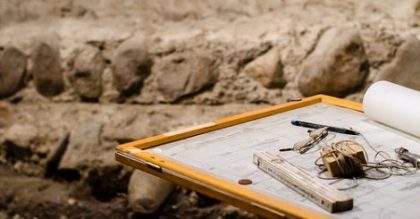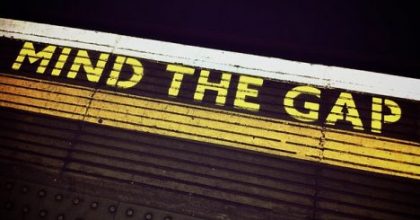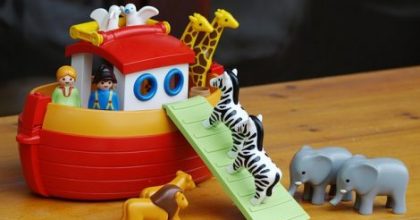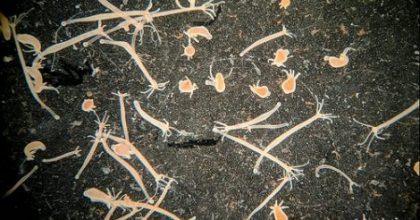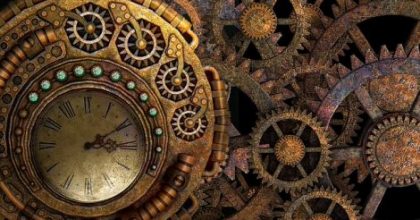How would I have thought about my fellow humans had I lived 50, 100, 150 years ago? That question has been nagging me for a while now. As a biologist, my current thoughts on topics like race are influenced by my understanding of the science. I am also aware that various scientists have come to a range of conclusions on those questions over the years. With hindsight, we can see how some of those conclusions were based on flawed studies, biased reasoning, or incomplete or nonexistent data. But would I have been able to … [Read more...] about Science Book Club: When Science & Christianity Meet Ch 7
Ronald Numbers
Science Book Club: When Science & Christianity Meet Ch 6
The gap year is a popular option for college-bound students looking for a wider range of experiences. Of course, it's really only a gap if you expect education to involve continuous matriculation; for the student it's not a gap at all. Now, how about a gap century, or gap millennium, or longer? For William Buckland, the subject of this weeks' chapter from When Science and Christianity Meet, a gap between Genesis 1:1 and Genesis 1:2 helped to resolve questions about the chronology of creation posed by geological … [Read more...] about Science Book Club: When Science & Christianity Meet Ch 6
Science Book Club: When Science & Christianity Meet Ch 5
"Who built the Ark?" "Noah! Noah!" "Who built the Ark?" "Brother Noah built the Ark." This week, in our reading of When Science and Christianity Meet, Janet Browne takes up the topic of The Flood and Noah's Ark. If you recognize the children's song I'm quoting, you'll probably agree with Browne that the Noah story is "deeply embedded" in our minds and culture. Young children respond positively to animals, making Noah's Ark a natural motif for toys and accessories. My church has a large Ark mural outside the nursery and … [Read more...] about Science Book Club: When Science & Christianity Meet Ch 5
Science Book Club: When Science & Christianity Meet Ch 4
Homonculi, animalcules, and hydra! O my! Sure, planets and moons and clockworks are interesting, important, and historically significant to the faith and science conversation. But start talking about morphallactic regeneration and now you've really got the attention of this biologist. This week, Thomas Broman introduces a significant dose of eighteenth century biology even if the chapter title "Matter, Force, and the Christian Worldview in the Enlightenment" doesn't really suggest as much. In part that's because Broman … [Read more...] about Science Book Club: When Science & Christianity Meet Ch 4
Science Book Club: When Science & Christianity Meet Ch 3
How can such a foreign idea feel so familiar? That was my recurring question from William Ashworth's essay "Christianity and the Mechanistic Universe." Ashworth's approach is wide ranging, weaving threads from ancient Greek philosophy with the nascent science of sixteen and seventeenth centuries. He focuses on how different thinkers approach the big questions about the fundamental nature of the universe and everything contained in it. I generally find it difficult to engage with classical and medieval science when it … [Read more...] about Science Book Club: When Science & Christianity Meet Ch 3
